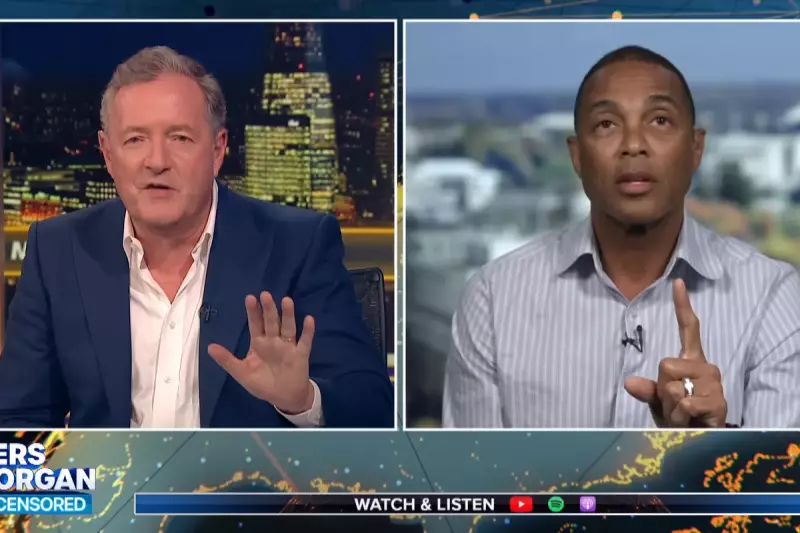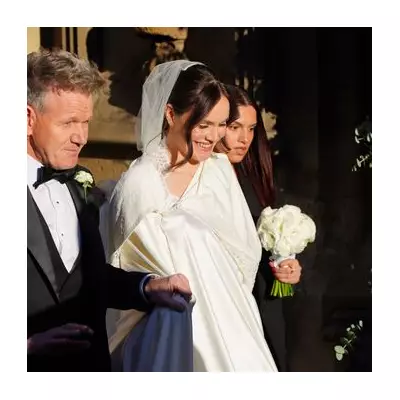
A televised debate erupted into a spectacular clash of media titans as Piers Morgan and former CNN host Don Lemon engaged in a heated, no-holds-barred argument over conservative commentator Charlie Kirk.
The confrontation, which unfolded on Morgan's Uncensored show on TalkTV, saw both presenters raising their voices and speaking over each other in a dramatic exchange that has since gone viral.
The Heart of the Controversy
The fiery dispute centred on Morgan's previous interview with Charlie Kirk, founder of the right-wing Turning Point USA group. Lemon vehemently criticised Morgan for providing Kirk with what he deemed an insufficiently challenging platform for his controversial views.
'You gave him a platform to spew his nonsense,' Lemon asserted during the tense segment, arguing that Morgan should have more aggressively challenged Kirk's statements during their conversation.
A Clash of Media Philosophies
Morgan defended his interviewing approach, countering that engaging with figures across the political spectrum is essential for genuine discourse. 'I believe in hearing all sides of an argument,' Morgan retorted, emphasising his commitment to uncensored debate regardless of political alignment.
The debate quickly escalated beyond the specific Kirk interview to address broader issues of media responsibility, free speech, and whether platforms should deny exposure to certain viewpoints altogether.
Social Media Erupts
The explosive segment has triggered a massive response across social media platforms, with viewers passionately taking sides in the debate. Commentary has flooded Twitter, Facebook, and Instagram, reflecting the deep divisions in contemporary media consumption and political discourse.
Many commentators have noted the irony of two media personalities arguing about the best way to handle controversial figures while simultaneously becoming the centre of controversy themselves.
Broader Implications for Media Discourse
This confrontation highlights the ongoing tension within media between providing open platforms for diverse viewpoints and the responsibility to challenge potentially harmful rhetoric. It underscores the challenges journalists face in navigating increasingly polarised political landscapes while maintaining professional integrity and audience trust.
The incident continues to generate discussion about the role of media in shaping public discourse and whether confrontational formats serve to enlighten viewers or simply provide entertainment through conflict.





